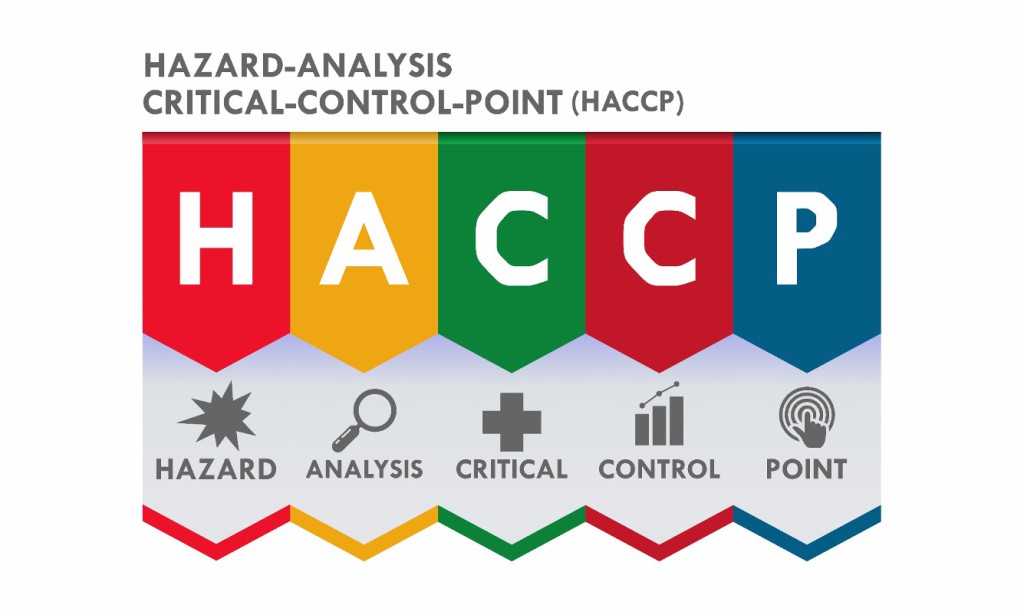Essential HACCP Training for Food Businesses: Achieving Compliance Across Ireland and Northern Ireland
In the dynamic world of food service and manufacturing, compliance with food safety regulations is paramount. For businesses in Dublin, Cork, Galway, Limerick, Waterford, and Belfast, understanding and implementing Hazard Analysis and Critical Control Points (HACCP) principles is not just advisable; it’s essential.
What is HACCP?
HACCP stands for Hazard Analysis and Critical Control Points. It is a systematic approach to food safety that focuses on preventing hazards—biological, chemical, and physical—that can compromise food safety. Its principles are designed to identify critical points in the food process where controls can be applied to minimize risk.
Why HACCP Certification is Mandatory for Food Businesses in Ireland
In Ireland, HACCP compliance is mandated by the Food Safety Authority of Ireland (FSAI) and other regulatory bodies across the EU. The HACCP system ensures that food businesses can deliver safe products to consumers. Moreover, compliance with HACCP regulations significantly reduces the risk of foodborne illnesses, recalls, and legal repercussions.
The Business Benefits of HACCP Training and Certification in Ireland
- Improved Food Safety: HACCP training equips staff with the knowledge required to maintain hygiene standards and manage food safety risks effectively.
- Enhanced Consumer Trust: HACCP certification builds consumer confidence in your brand, assuring them that you prioritize their health and safety.
- Regulatory Compliance: Achieving HACCP certification demonstrates your commitment to compliance with FSAI and EU regulations, mitigating legal risks.
- Consistent Quality Control: Establishing a robust HACCP plan helps maintain high standards of quality across all food products and services.
Understanding HACCP Principles
HACCP is based on seven key principles:
- Conduct a Hazard Analysis: Identify potential hazards that could affect food safety.
- Determine Critical Control Points (CCPs): Establish points in the process where controls can mitigate identified hazards.
- Establish Critical Limits: Set measurable limits for each CCP to ensure safety.
- Establish Monitoring Procedures: Implement procedures to monitor CCPs regularly.
- Establish Corrective Actions: Define actions to take if a critical limit is exceeded.
- Establish Verification Procedures: Periodically review the system to ensure it’s functioning effectively.
- Record-Keeping and Documentation: Maintain thorough documentation to demonstrate compliance and facilitate audits.
How to Get HACCP Certified: A Step-by-Step Guide for Food Businesses
Obtaining HACCP certification involves several key steps:
- Training: Enroll in an accredited HACCP training course specific to your industry—options include HACCP Level 1 & 2 or online food safety courses.
- Develop a HACCP Plan: Work with trained personnel to create a comprehensive HACCP plan tailored to your processes.
- Implement the Plan: Train your staff to adhere to the HACCP plan and monitor compliance.
- HACCP Audit: Conduct an internal audit to assess compliance with your HACCP plan.
- Certification: Engage with an accredited certifying body to assess your HACCP plan and issue certification.
Online vs. In-Person HACCP Training: Pros and Cons for Different Business Needs
Businesses can choose between online and in-person HACCP training options:
- Online HACCP Training: Flexible scheduling, accessible from anywhere, suitable for remote teams.
- In-Person HACCP Training: Interactive learning experience with direct engagement, ideal for larger teams or specific industries.
Common HACCP Violations and How to Prevent Them
Understanding common violations can help you maintain compliance:
- Lack of Documentation: Ensure all processes and activities are documented transparently.
- Inconsistent Monitoring Procedures: Regularly review monitoring practice to ensure adherence to limits.
- Poor Training: Regularly train and retrain all staff on HACCP principles and compliance.
How HACCP Compliance Enhances Business Reputation and Consumer Trust
Businesses that prioritize food safety through HACCP certification are more likely to gain customer loyalty and trust. Consumers today are increasingly health-conscious and demand transparency about food safety practices from brands they choose.
How to Conduct a HACCP Audit and Maintain Compliance
A thorough HACCP audit involves:
- Reviewing Documentation: Ensure all records are accurate and up-to-date.
- Monitoring Procedures: Verify that monitoring is occurring as required.
- Identifying Improvements: Look for areas of enhancement to the HACCP plan to further reduce risks.
Conclusion & Call to Action
Investing in HACCP training and obtaining certification is not just compliance; it is an essential strategy for the longevity and success of food businesses in Ireland and Northern Ireland. To equip your business with the tools for excellent food safety, consider enrolling in our HACCP training courses today and take the first step towards securing consumer confidence and ensuring compliance with Irish and EU regulations.



 349,500 Offered Certificates
349,500 Offered Certificates
 24/7 Online Training
24/7 Online Training
 Money Back Guarantee
Money Back Guarantee
 Fully Accredited Courses
Fully Accredited Courses
